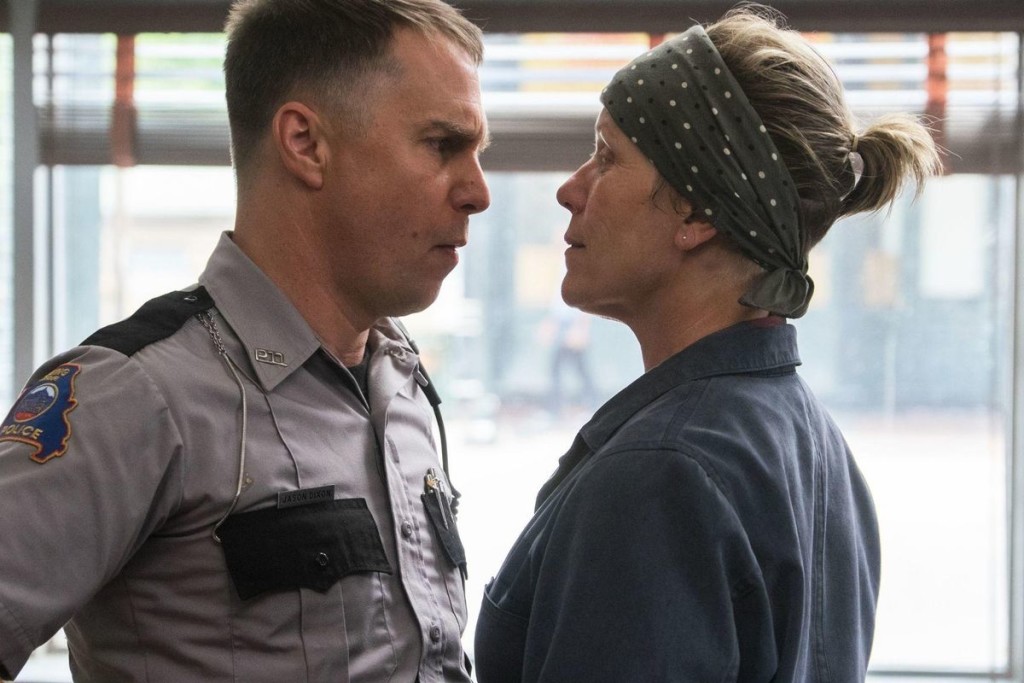88 pages down. 22 to go!
In this bizarre world where you can walk down a sidewalk and the people walking towards you beeline to the other side of the street the second they see you coming, 22 pages left feels like darn good news.
Oh, who am I kidding? People darted away from me long before this coronavirus.
So what’s today’s topic?
It comes from commenter Scott Serradell.
Scott points out that he rolls his eyes whenever he sees these generic structural monikers people use to write screenplays. “Lowest Point.” “Dark Knight of the Soul.”
These “paint-by-numbers” terms, as Scott refers to them, are preventing you from writing something impactful and memorable.
And look. I get it. I groan whenever writers become overly reliant on Blake Synder’s beat sheet (let’s just say I’m not an ‘Opening Image’ guy).
However, when it comes to endings, you don’t want to leave things up to chance. If you do (and when I say “up to chance,” I’m referring to going with what “just feels right”) you end up with The Platform. A really good film that falls apart at the end.
Due to the very nature that your story is ending, it needs to be structured. Think about it. Real life doesn’t have a story ending. It’s ongoing. So by creating an ending to your movie, you’re defying the logic of the real world. For that reason, you want to embrace the artificiality of the situation and give your audience something that’s both dramatically satisfying and well thought out.
To do so, you need to build up to the moment. And what’s intrinsic to every build? Structure. You literally need to build a structure that will hold up your climax.
Conversely, if you try and go off of “what feels right,” it’s HIGHLY LIKELY that your ending will be unsatisfying.
The only “feel” type endings that work are ones that are heavily tied to the theme.
Stuff like Lost in Translation, Three Billboards, and to a lesser extent, Parasite.
These movies are more about experiencing life than going after some big goal and so the endings are less obvious to the writers while they’re writing the script.
Parasite is about the gap between the rich and the poor so the story ends on an extravagant birthday party for the youngest son of the family, where the poor father is relegated to being a clown who dances for the rich son’s enjoyment. The poor father cracks and all hell breaks loose.
Of course, theme-centric endings require that your theme be strongly conveyed to begin with. I’ll see writers write a theme-centric ending who did a muddy job of conveying theme throughout the previous 100 pages, resulting in an ending that feels as if it came out of nowhere.
I should also point out that the worst endings I encounter tend to have the same problem. Which is that THEY WEREN’T SET UP WELL. If you create enough setups throughout your script, you can make almost any ending work. Cause endings are about bringing everything together. So if you’re paying off setup after setup in your ending, it’s going to feel organic.
This is why Back to the Future remains, to me, the best movie ending ever. It’s payoff after payoff after payoff. And we see that with Parasite as well. This Native-American themed birthday party didn’t appear out of thin air. We’ve been told and shown throughout the movie that the young son is fascinated with the Native American culture.
Is there an element of “feeling what’s right” in picking your ending? Of course. But structure should take precedence over that feeling. You can have the best “feeling” ending in the world but if it isn’t organically tied into the rest of the movie, it won’t work.
Almost there, everyone. As Richard Marx once famously sang, whatever you do, wherever you go, KEEP. ON. WRITING!!!


